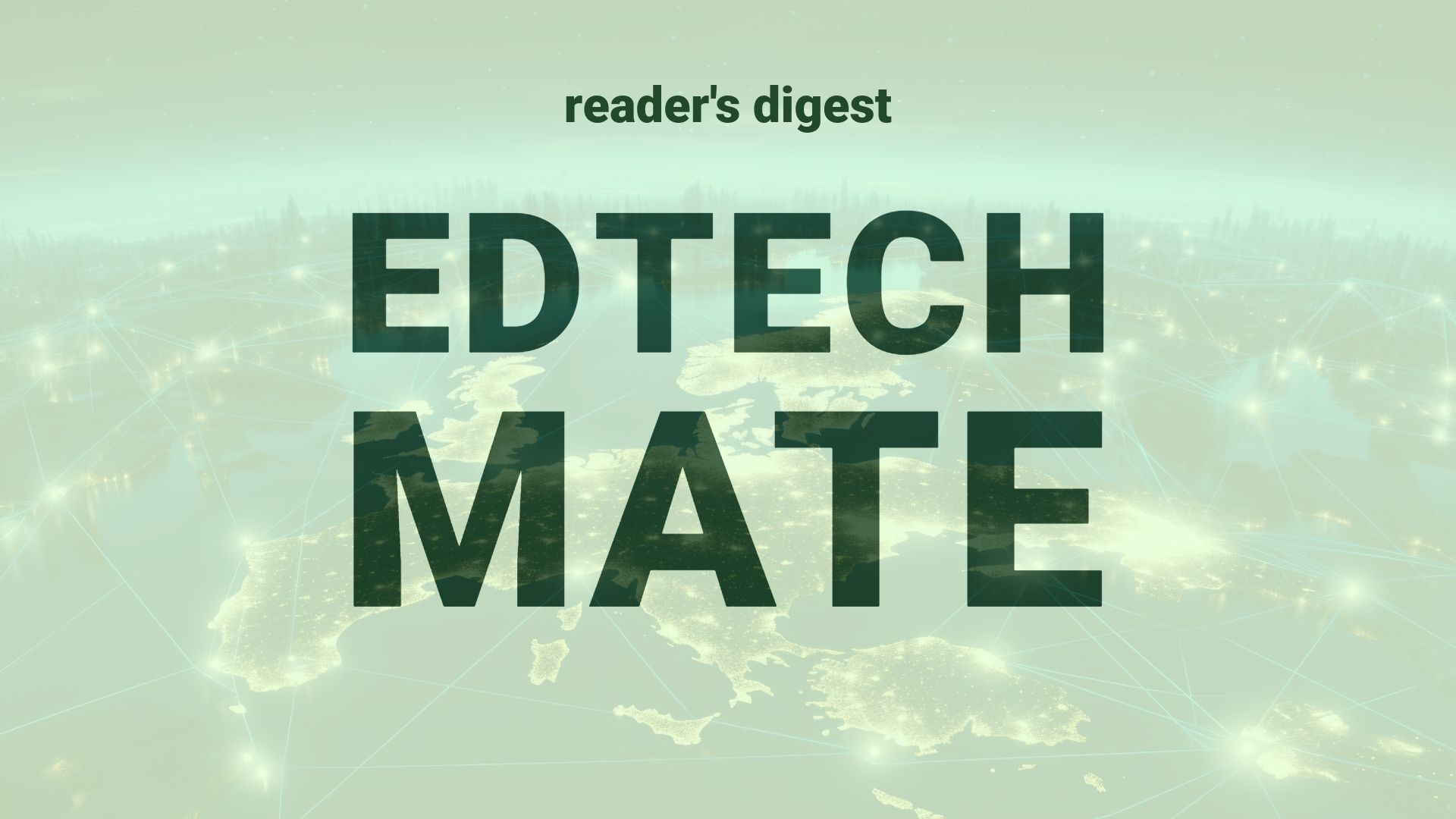Executive Summary and Main Points
The content focuses on the digital transformation journey undertaken by a midsize HVAC services company through the leadership of the new Director of IT, Jamie. The company confronts several challenges due to outdated business operations and a dependence on disjointed technology systems – labeled as ‘gray work.’ To modernize, Jamie implements automation and machine learning capabilities, focusing on dynamic work management and no-code platforms. This strategic move has driven considerable Return on Investment (ROI) and made operations more efficient without the need for extensive IT resources.
Potential Impact in the Education Sector
In the context of Further Education and Higher Education, these developments could streamline administrative processes, enhance student services, and advance educational outcomes through tailored technology integrations. Micro-credentials could benefit significantly from such transformations by adopting agile and adaptable systems for credential management and verification. Strategic partnerships between education technology providers and institutions could facilitate the seamless transition to more modern, dynamic systems, fostering a culture of continuous innovation and resilience in the face of rapid change.
Potential Applicability in the Education Sector
The applicability of dynamic work management and machine learning in education can be multifaceted. AI-driven no-code platforms could redefine student enrollment processes, academic scheduling, and resource allocation. Additionally, predictive analytics could personalize learning experiences and outcomes, while streamlining the tracking and issuing of micro-credentials. These technologies could provide robust support for decision-making, enhance operational efficiency, and result in significant cost savings and service improvements in global education systems.
Criticism and Potential Shortfalls
Despite the promise of no-code platforms and AI, certain criticisms and shortfalls must be acknowledged. Real-world implementation across diverse international education systems might be challenged by the varying levels of digital maturity, financial constraints, and resistance to change. Ethical considerations regarding data privacy, bias in machine learning algorithms, and the cultural impact of reducing the human element in educational processes are also of concern. Comparative international case studies reveal that the success of such transformations heavily depends on context-specific strategies and inclusive stakeholder engagement.
Actionable Recommendations
For international education leadership interested in implementing technology discussed, it is recommended to start by diagnosing areas of ‘gray work’ within their institution, creating centers of excellence for citizen development, and carefully building ML predictions into their workflows. Institutions should prioritize fostering a culture conducive to digital change, invest in upskilling staff, and ensure ethical standards are embedded into the design of digital tools. Strategic planning should involve all stakeholders, ensuring that the chosen technologies align with educational goals and deliver tangible benefits to staff and students alike.
Source article: https://blogs.starcio.com/2023/12/machine-learning-dynamic-work.html

